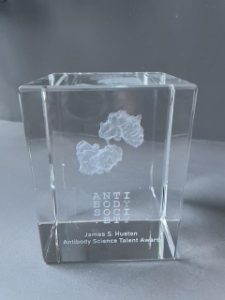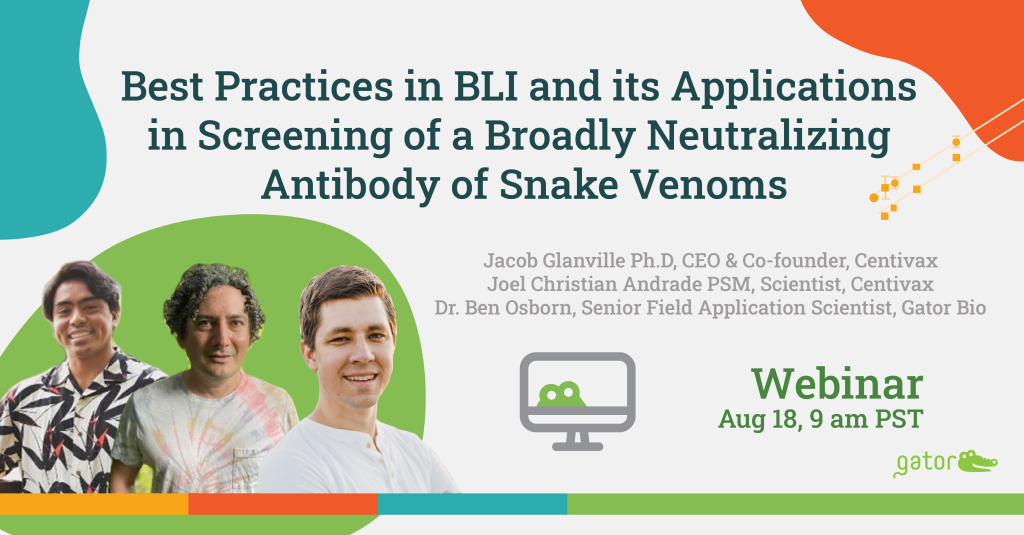The University of Houston is now accepting applications for an Assistant or Associate Professor position in Chemical & Biomolecular Engineering.
The William A. Brookshire Department of Chemical & Biomolecular Engineering at the University of Houston (UH) seeks to hire a tenure-track or tenured faculty member at the rank of Assistant or Associate Professor under the Presidential Frontier Faculty Program with research interests in the field of Biomolecular Engineering, with Immunoengineering being the preferred focus area.
The Presidential Frontier Faculty Program is a university-wide integrated interdisciplinary hiring campaign that is overseen by central University leadership and encompasses hiring a large cohort of convergence research faculty to work on health, energy, sustainability, and security. Competitive candidates are expected to have a Ph.D. degree or equivalent when they start their position and show potential for exceptional research and excellence in teaching and service. The successful candidate will be appointed at a rank commensurate with accomplishments and expertise.
More information on the role, responsibilities and requirements can be found here.
A link for uploading application materials will be posted here: http://www.chee.uh.edu/about/open-positions
https://www.antibodysociety.org/jobs/uk-based-senior-molecular-biologist-position-open/




